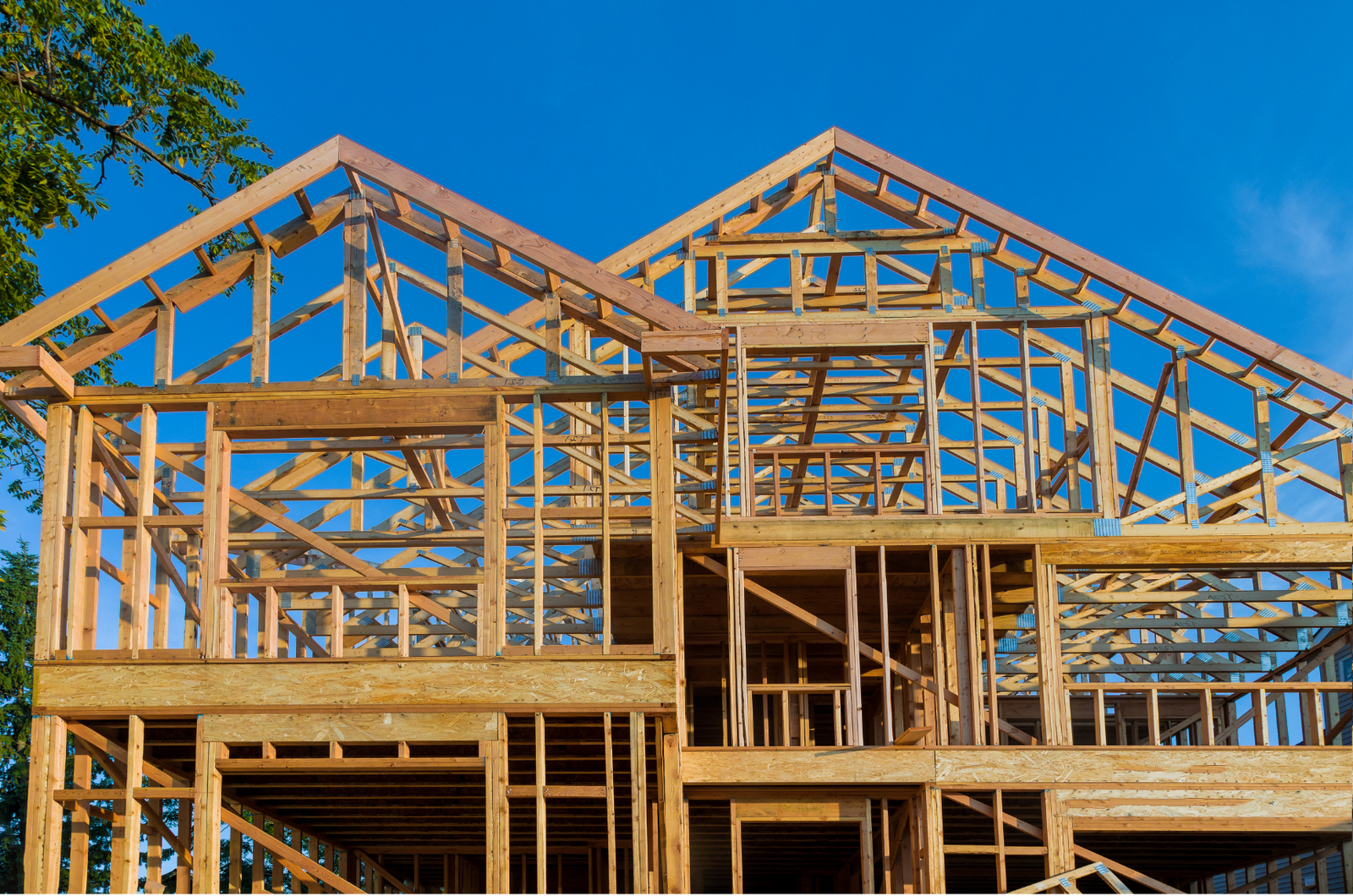Statistical analysts know that you can sometimes cherry-pick to make numbers do what you want, and such could be the case in the latest news from Canada Mortgage and Housing Corporation, commonly referred to as CMHC.
For example, in a recent article, CMHC pointed out that the "trend in housing starts" was up slightly from July to August: 267,309 units in August compared to 264,467 in July. The "trend" is derived from a seasonally adjusted average based on the last six months.

The Globe and Mail, meanwhile, led its CMHC story with a different statistic, a seasonally adjusted average based on the last 12 months. It showed a decline in housing starts from 275,158 (July) to 267,443 (August).
Who's right?
Both.
It depends on which "trend" means the most to you, and trends in housing starts are crucial to real estate because until the supply increases to meet the demand, real estate statistics are likely to project a down market. Short supply impacts the the number of sales...and housing is in short supply, as everybody knows.
The CMHC article also pointed out:
• Urban starts of single-detached homes rose one per cent from July to August while, overall, urban starts dropped three per cent and multi-unit urban starts dropped four per cent
• Vancouver registered a decline in single-detached units that was offset by higher multi-unit starts
• There were 580 housing starts last month compared to 318 in August 2021, and 425 completions compared to 794 for the same month last year
As CMHC points out "Housing starts, construction and absorption data are used to gain insight into the level of activity and supply conditions in the new home market."
More details are available on the CMHC website.